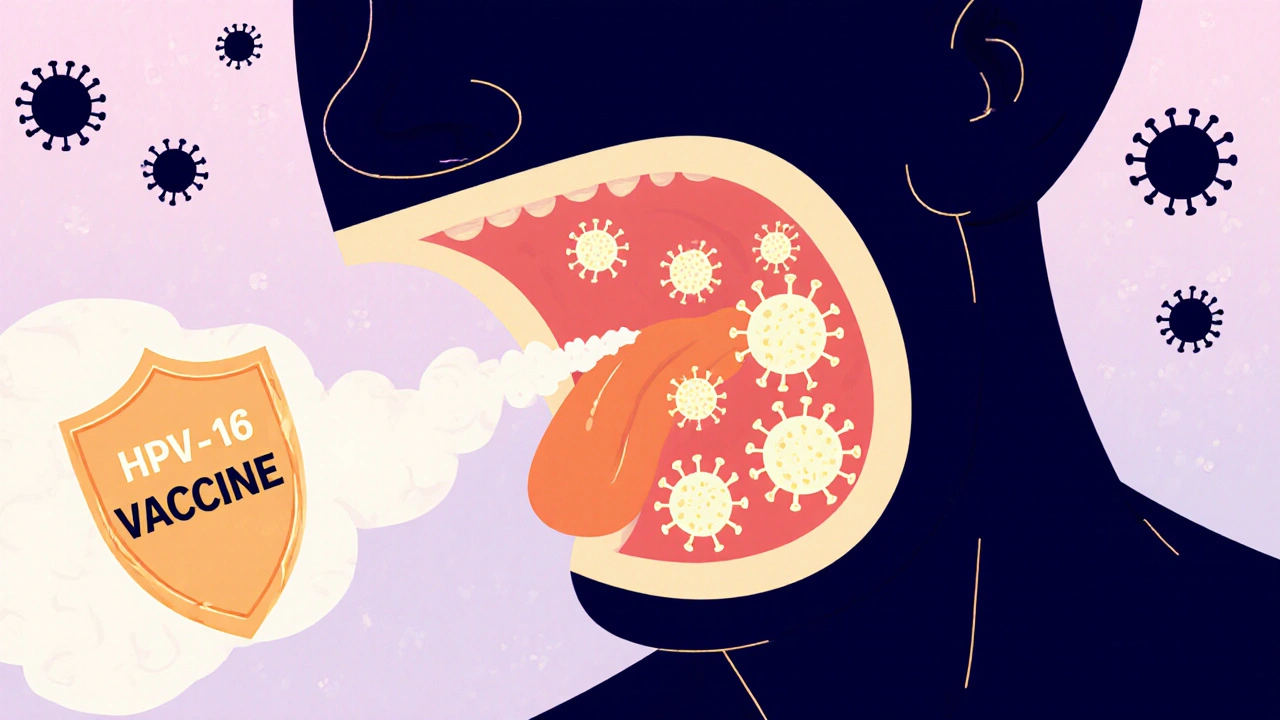When we talk about HPV cancer, cancers caused by persistent infection with certain strains of the human papillomavirus. Also known as human papillomavirus-related cancer, it includes cervical, anal, throat, and other cancers that develop when the virus damages cells over time. Most people hear about HPV as a sexually transmitted infection, but few realize it’s responsible for nearly 70% of all throat cancers and almost all cases of cervical cancer. The scary part? Many of these cancers are preventable—if you know what to look for and when to act.
Cervical cancer, the most common HPV-linked cancer, develops slowly over years, often without symptoms. Also known as cervical dysplasia progression, it’s the reason Pap smears and HPV tests exist. But HPV doesn’t stop at the cervix. HPV vaccine, a safe, effective tool that prevents infection from the cancer-causing strains. Also known as Gardasil or Cervarix, it’s recommended for kids as young as 9 and works best before any exposure to the virus. Even adults up to age 45 can benefit if they haven’t been fully vaccinated. Meanwhile, HPV screening, the process of testing for high-risk HPV strains before cancer develops. Also known as co-testing, it’s now a standard part of women’s health checkups and is being studied for use in men with high-risk behaviors. These aren’t just medical procedures—they’re lifelines.
What makes HPV cancer different from other cancers is how preventable it is. You don’t need to wait for symptoms. You don’t need to hope for early detection. You can stop it before it starts—with a shot, a test, and awareness. The posts below cover everything from how the virus hides in your body to why some people clear it naturally while others develop tumors. You’ll find real advice on vaccines, screening schedules, and what to do if you’ve been diagnosed. No fluff. No fearmongering. Just clear, practical info to help you protect yourself or someone you care about.
Posted by
Jenny Garner
13 Comments

HPV causes throat, anal, and other cancers - but they’re preventable. Learn how the HPV vaccine works, who needs it, and why screening still matters for women. Most cases are avoidable with simple steps.
read more